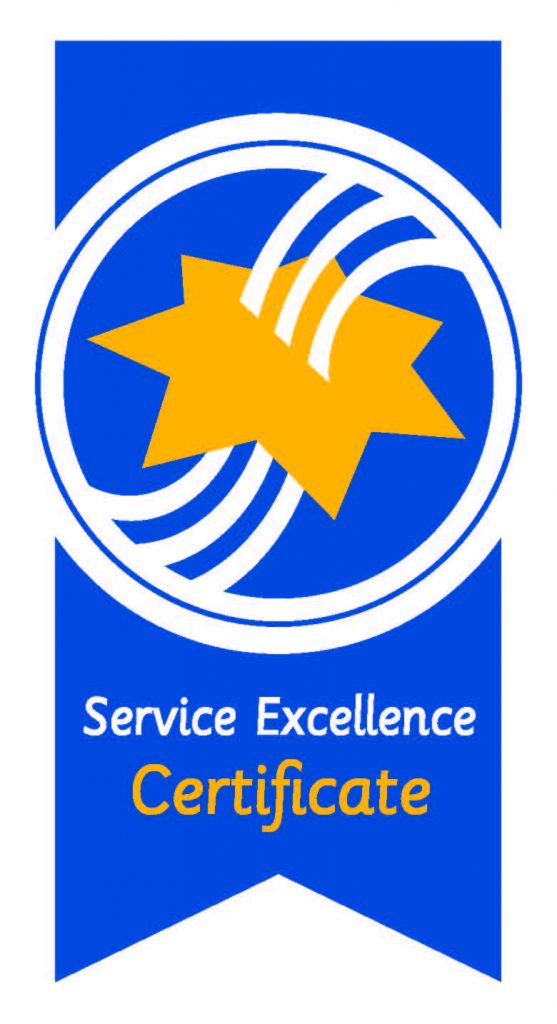Funding for nicotine replacement therapy products from the NSW Ministry of Health has prompted CatholicCare Wilcannia-Forbes and Narromine Pharmacy to partner up and develop packs to help people give up smoking for good on World No-Tobacco Day on Friday, May 31.
CathcolicCare Wilcannia-Forbes and Narromine Pharmacy staff will also host an information stand outside the pharmacy on World No Tobacco Day and will be on hand with practical resources and kits to help people kick the habit for good.
The NSW Ministry for Health has a specific target to address high smoking, particularly in Aboriginal communities and funded $500 worth of nicotine replacement therapy. Narromine Pharmacy owner Felicity Roberts has generously donated more products to increase the number of packs to be distributed, to help as many people willing to give up for good.
“Narromine is a small community, yet smoking has a really negative impact on the health and well being of so many families, by partnering with CatholicCare Wilcannia-Forbes we are just trying to help out for the good health of all our community,” Pharmacist Mrs Roberts said.
It is estimated tobacco causes almost three million deaths from cardiovascular diseases every year.
“The focus this year of World No Tobacco Day is on tobacco and lung health. The campaign will increase awareness of the negative impact on people’s lung health, from cancer to chronic respiratory disease, such as asthma,” Mrs Roberts added.
Jane Kemp, CatholicCare Wilcannia-Forbes Aboriginal Strategic Development Leader, acknowledged giving up smoking is not easy.
“We know it is really hard and that is why we are working with the pharmacy to give away packs, which will include patches, lozenges and other resources to help people through the hardest part of giving up,” Ms Kemp said.
“We are really grateful for NSW Health and the Narromine Pharmacy’s support to make up these packs. This backing means more people can have access to advice and resources, which will hopefully help them quit for life,” she added.
Tobacco smoke is the primary cause for lung cancer, responsible for over two thirds of lung cancer deaths globally. Second-hand smoke exposure at home or in the work place also increases risk of lung cancer.
Quitting smoking can reduce the risk of lung cancer after 10 years of quitting smoking, risk of lung cancer falls to about half that of a smoker.
Infants exposed in-utero to tobacco smoke toxins, through maternal smoking or maternal exposure to second-hand smoke, frequently experience reduced lung growth and function. Young children exposed to second-hand smoke are at risk of the onset and exacerbation of asthma, pneumonia, bronchitis and frequent lower respiratory infections.
Globally, an estimated 165 000 children die before the age of 5 of lower respiratory infections caused by second-hand smoke. Those who live on into adulthood continue to suffer the health
consequences of second-hand smoke exposure.
Tobacco smoke is a very dangerous form of indoor air pollution: it contains over 7 000 chemicals, 69 of which are known to cause cancer. Smoke can linger in the air for up to five hours, putting those exposed at risk of lung cancer, chronic respiratory diseases and reduced lung function.
“We are willing to help whoever we can, especially parents and members of our community, who are trying to improve their own health, and that of their children, by protecting them from the harm caused by tobacco,” Mrs Roberts added.
Make a Donation, Make
a Difference
CatholicCare Wilcannia-Forbes provides vital services to help those in need across our region. Any donation is greatly appreciated and helps those most in need in our community.


ACKNOWLEDGEMENT TO THE TRADITIONAL CUSTODIANS
CatholicCare Wilcannia-Forbes acknowledges and pays respect to the Traditional Custodians of the land. We recognise the continuing connection to land, waters and culture. We would like to pay our respects to elders, past, present and emerging.
Aboriginal and Torres Strait Islander peoples are advised this website may contain images of deceased persons.
© 2024 CatholicCare Wilcannia-Forbes | Privacy Policy
Powered by Steele Technology Pty Ltd
